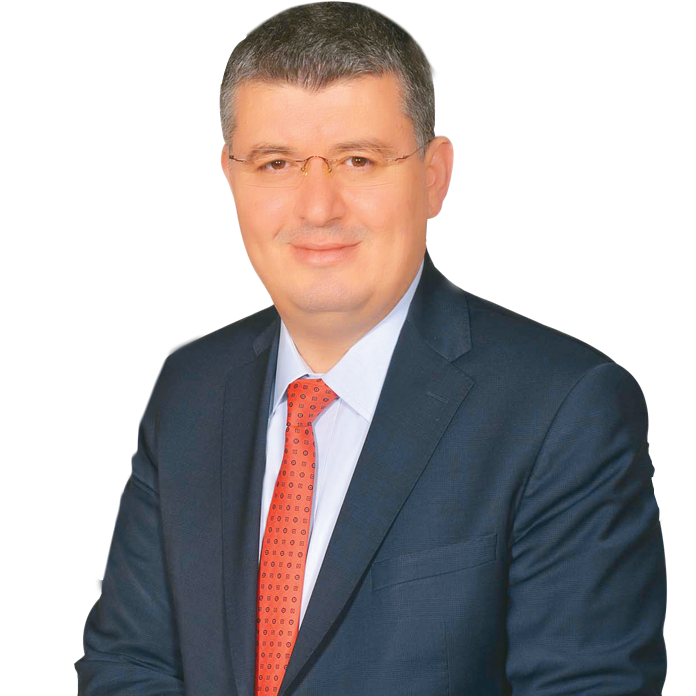As of Thursday evening, a concept called “drone swarms” has entered the world war lexicon.
After the attack that targeted the Turkish Armed Forces (TAF) in the Balyoun region in the south of Idlib that left 34 martyred, a decision was made at the Security meeting in Ankara to respond to this vicious attack using two new tactics:
Combat drones entering Syrian Airspace strike designated targets, while F-16 fighter planes take part in this operation from the Turkish airspace.
The diffusion of dozens of footage showing drones shooting targets demonstrated a “true retaliation” against the regime by Turkey, which was not only viewed as such inside, but also received wide coverage in Western media.
For example, a Bloomberg report titled "Turkey’s killer drone swarm poses Syria air challenge to Putin," said " The series of strikes since Thursday by dozens of the remotely-controlled aircraft targeted Syrian bases and chemical warfare depots. But Turkey also located and destroyed some Syrian missile-defense systems, raising questions about the effectiveness of the Russian-made equipment intended to deter such air attacks.”
That means Syrian airspace is not closed...
Yesterday, Turkish F-16s downed yet another L-39 regime aircraft.
These kinds of developments also added to the controversy over the use of Syrian Airspace.
The issue of using the Syrian Airspace, which has been brought to the agenda by a number of retired or seasoned military officials, who issue warnings on TVs and leave one wondering "What did they do when they were on duty?"
One interpretation for downing regime fighter jets is the following:
Using Turkey's airspace, Turkish air force is able to keep protect troops on the field in Syria.
Of course, that doesn’t necessarily mean that a shield can be created against any type of attack, but it’s also a sign that there is no such thing as “helplessness” in that regard.
If any proof of this is needed, one doesn’t need to look further than to the regime planes that were downed as they were preparing to attack TAF elements on the ground.
"Something will come out but I'm not so sure it will satisfy us."
Everyone's eyes are on the meeting scheduled for Thursday, March 5 between President Tayyip Erdoğan and his Russian counterpart Vladimir Putin.
I wonder what result might come out of that meeting?
Will a ceasefire or a truce be reached?
When I asked this question to a senior official who occupies an administrative position in Ankara, I received the following answer:
"Something will come out but I'm not so sure it will satisfy us."
We can interpret this answer as a prism through which Ankara currently views the March 5 meeting.
In other words, while keeping the door open for an optimistic outlook regarding March 5, this is a sentence that best exemplifies why it’s hard to making any sort of prediction for the time being.
One reason for not being able to do that is how hard it is to measure the reflexes of the Russians.
It is well-established that Russians operating on the ground in Syria, who have positions in the administrative circles in Moscow, with Putin at the top, act or are authorized to do so with different reflexes and styles, this conscious "role sharing" can produce unpredictable results.
For Russia, the ball is now in Putin's field.
In the quote above, the phrase "something will come out of it" part might be intended to keep the simmering tensions between Erdoğan and Putin in check without further escalation.
However, the last part of the same sentence suggests that one shouldn’t get their hopes up too much.
The "I'm not sure it will satisfy us" part of the sentence, calling the operation "Spring Shield," and naming the Damascus regime as the target for it is an indication it can continue well beyond March 5.
President Erdoğan said in a phone call with Putin last Friday that he would not back down and that Turkey would not abandon its determined stance.
Where things currently stand, there is no indication either way to think that Erdoğan will change his position.




















